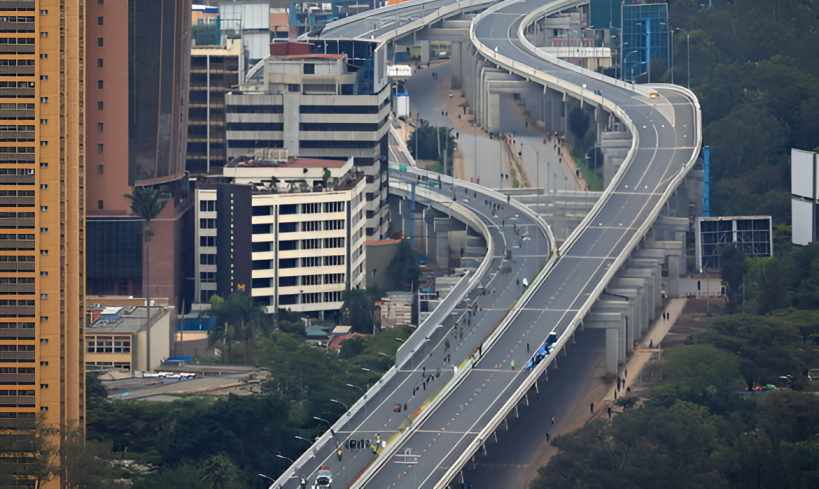Motorists using the planned Nairobi-Mombasa Expressway will pay between Sh12 and Sh13 per kilometre, making it more affordable than the existing toll road in Nairobi which costs about Sh18 per kilometre.
The 440-kilometre road project is being undertaken under a public-private partnership by Usahihi Expressway Limited, which is backed by the US-based firm Everstrong Capital.
Despite its longer distance, the new expressway is set to be cheaper per kilometre than the 27-kilometre Nairobi Expressway, where saloon cars pay Sh500 to travel from Mlolongo to Westlands.
This translates to about Sh18.5 per kilometre. In contrast, a full trip on the proposed road from Nairobi to Mombasa will cost motorists at least Sh5,280, and this flat rate will apply across all vehicle types.
The Nairobi Expressway's toll system uses different rates depending on vehicle categories.
While saloon cars are charged a base rate, vehicles with two axles and a high bonnet, and heavy trucks with four or more axles, pay higher multiples of the base fee.
Kyle McCarter, who chairs Usahihi Expressway and formerly served as US ambassador to Kenya, said the toll charges could drop further if construction costs are reduced.
"The toll charges will be in the neighbourhood of Sh12 to Sh13 a kilometre. As you know, right now, the current expressway is Sh18; it started at Sh13, now it’s Sh18. We’re going to be below what the current expressway is charging," said McCarter, adding that the rate is still an estimate.
He added that the company is looking at ways to cut costs.
"We’re optimising that toll rate to lower the charge as much as we can by lowering the cost of construction and lowering the cost of capital. The more we save, the more that toll rate goes down," explained McCarter.
The highway will feature seven toll stations along its route and will include modern infrastructure such as charging points for electric vehicles.
Unlike previous projects, the government is not providing land for the road.
Instead, Usahihi will acquire land valued at about $100 million (Sh12.9 billion), which is part of the total $3.6 billion (Sh464.9 billion) budget for the entire project.
"The Kenyan government is not providing us with land for this road. Usahihi is actually purchasing the land, and we will purchase around $100 million worth of land. It’s hard to say the acreage right now because we’re still trying to optimise the design," said McCarter.
McCarter made these remarks during the launch of the project’s feasibility study in Nairobi.
He said the consortium is targeting to get the green light from the Treasury’s PPP unit within two months and is aiming to achieve financial close by the end of the year.
If all goes as planned, construction is expected to begin in early 2026.
To support the financing, Usahihi signed a deal in February this year to raise $1 billion (Sh129.1 billion) from local pension funds.
CPF Capital and Advisory was selected to lead the fundraising effort and provide transaction advisory services, with the goal of securing the funds by the end of the year.
The road will be operated by the US firm for 30 years before it is handed over to the government.
Usahihi is banking on trucks, which form the bulk of the road’s traffic, to generate about 75% of the revenue from toll collections.

